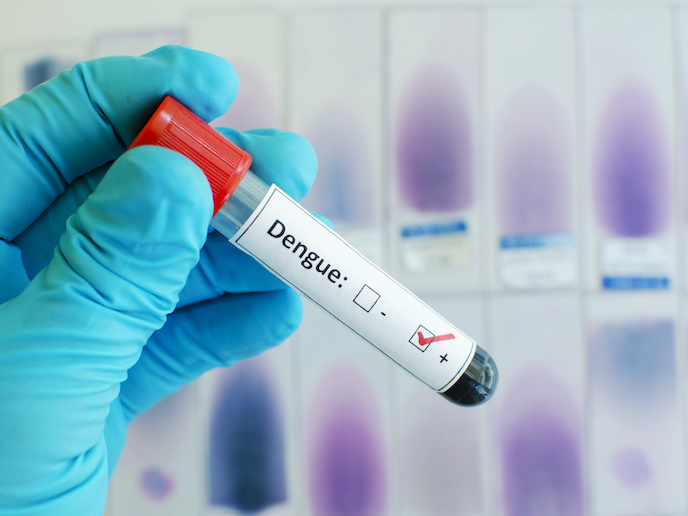Predicting kidney damage in diabetics
Nearly one in ten of European citizens suffer from diabetes and this number is expected to increase over the years. One of the common outcomes of type 2 diabetes is kidney damage which manifests with microalbuminuria, a condition characterised by protein excretion in the urine. To prevent end stage renal disease, prevention of microalbuminuria is considered as the only solution. However, late diagnosis of the condition hampers the effective administration of preventive measures. Identifying individuals with risk of developing microalbuminuria would significantly help to reduce the chances of end stage renal disease. The EU-funded PRIORITY(opens in new window) project will identify urinary biomarkers of type 1 and type 2 diabetes, as well as diagnostic biomarkers of chronic kidney disease. The rationale is that prompt identification of high-risk patients would facilitate the implementation of an intervention strategy. In a multicentre study, the consortium will analyse over 3 500 type 2 diabetic patients and stratify them according to low or high risk of developing microalbuminuria. Low-risk patients will continue on standard care while high-risk patients will be given spironolactone, a drug that treats fluid retention in patients with kidney failure. To facilitate the study, an electronic patient registry has been set up at all thirteen clinical sites that will also be used for randomisation. The very same proteomics markers have been used to perform meta-analysis of another patient study with great success. Prediction of microalbuminuria based on these biomarkers has been achieved for 740 diabetic patients. The high predictive value of the PRIORITY biomarkers paves the way for their immediate clinical implementation. This would allow intervention before renal functional deterioration in diabetic patients, thereby significantly improving their quality of life.







